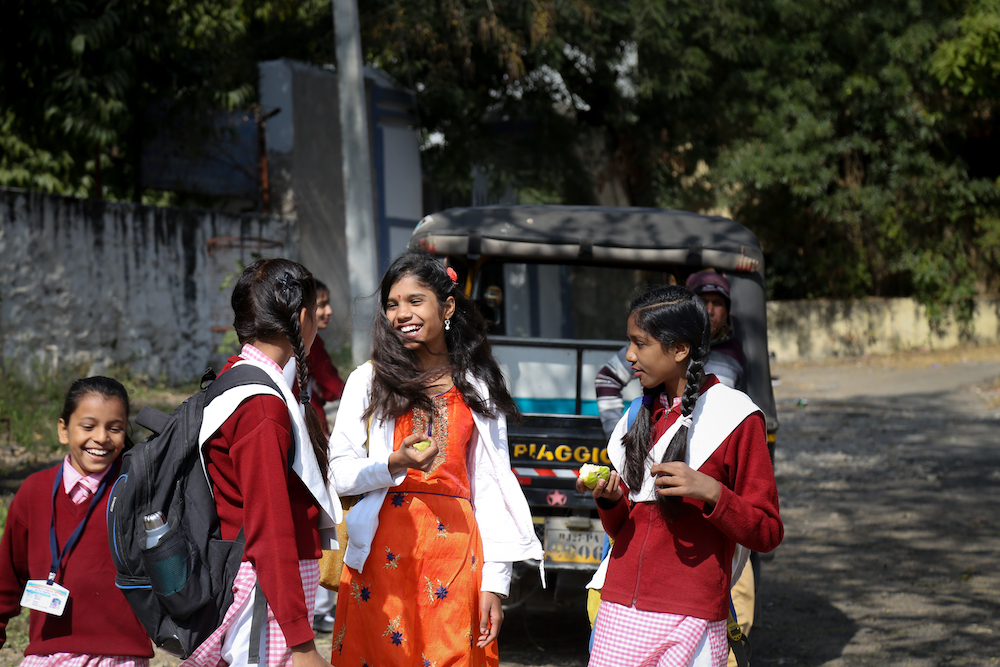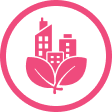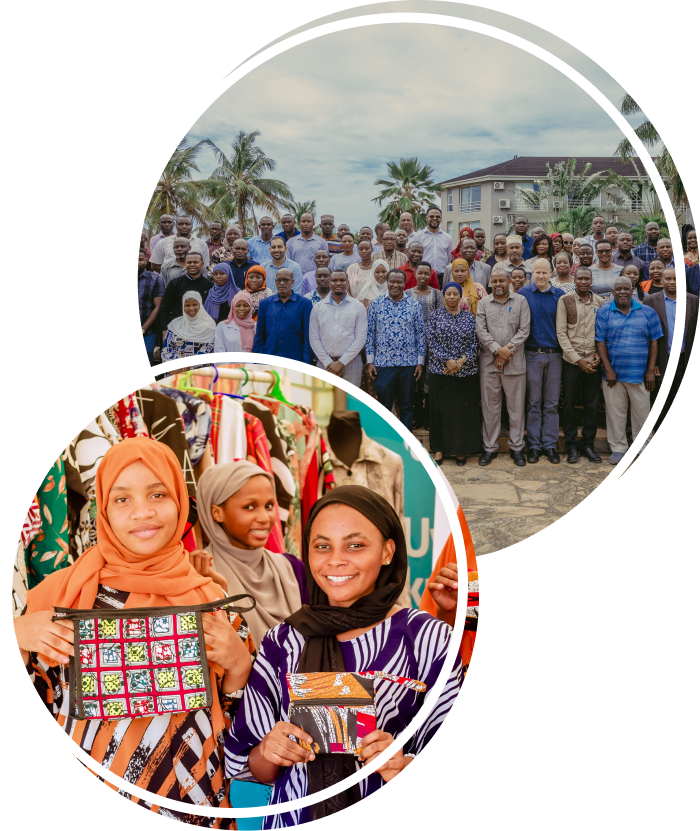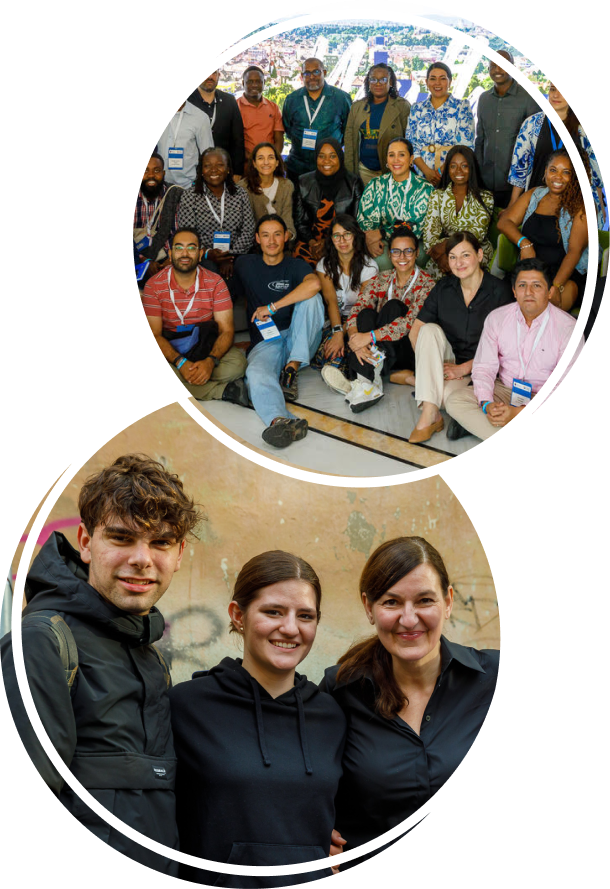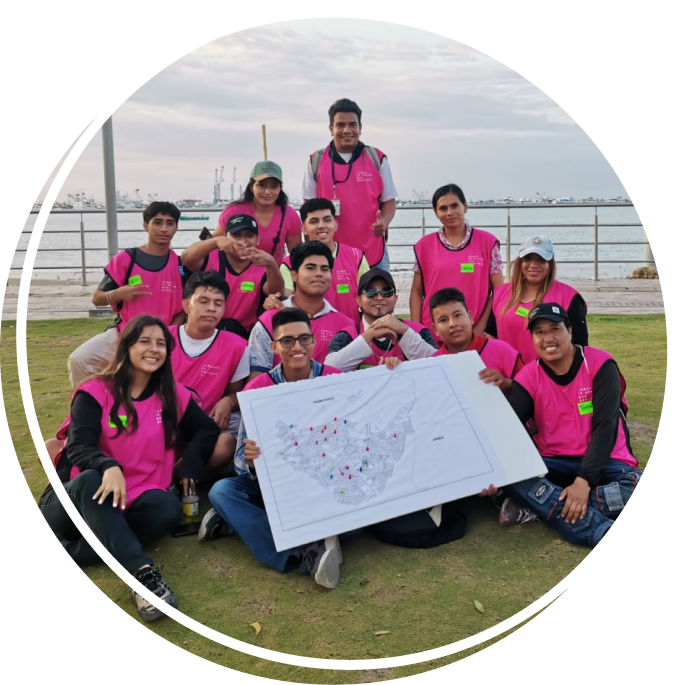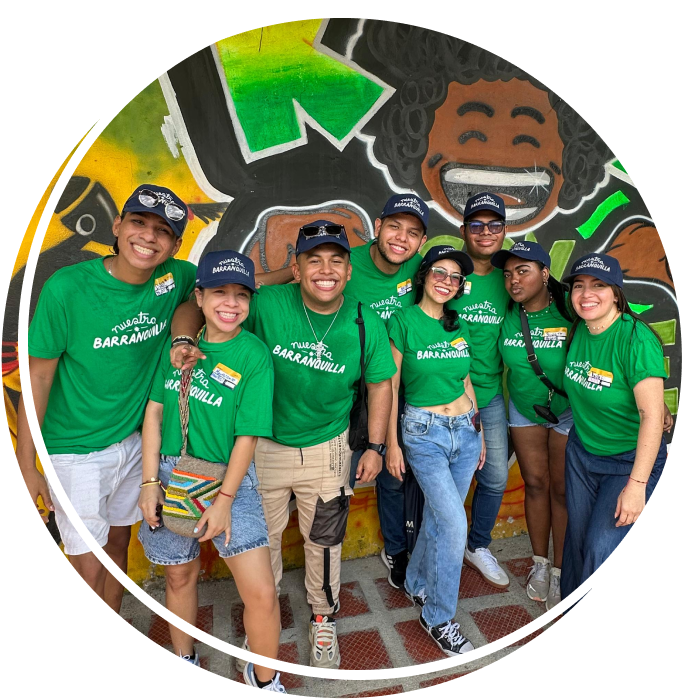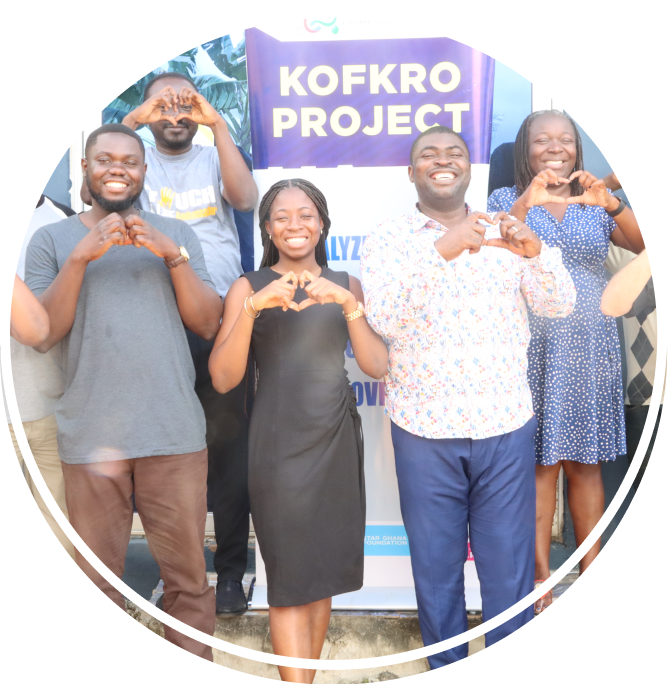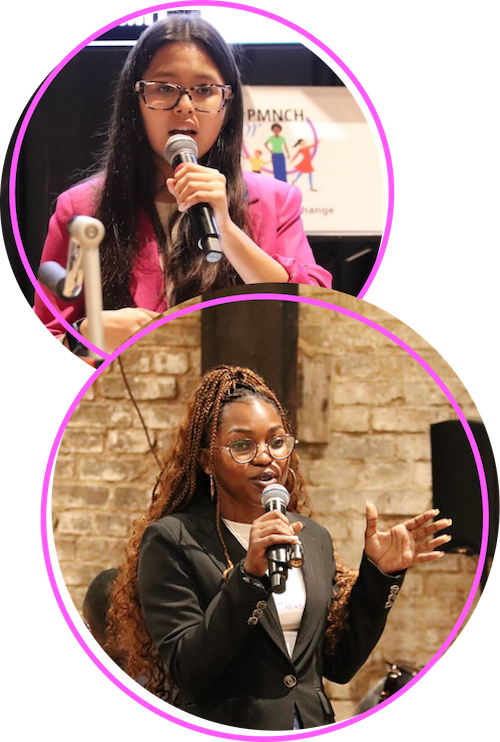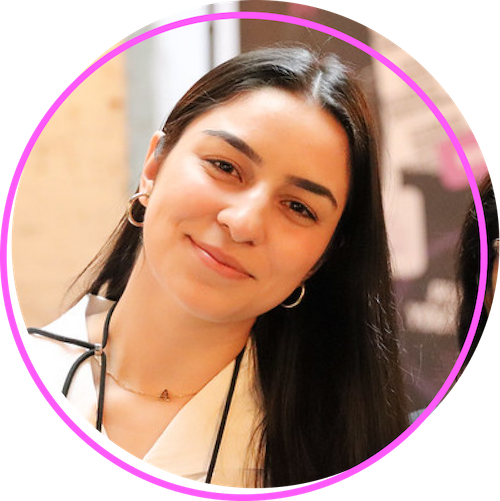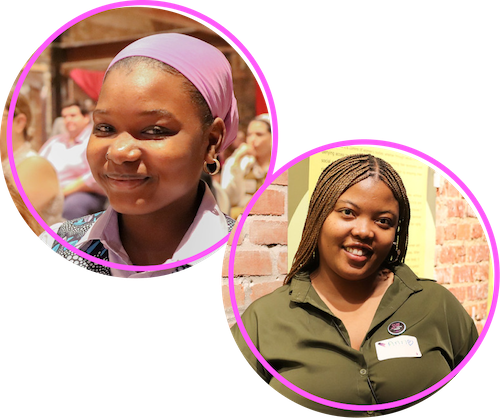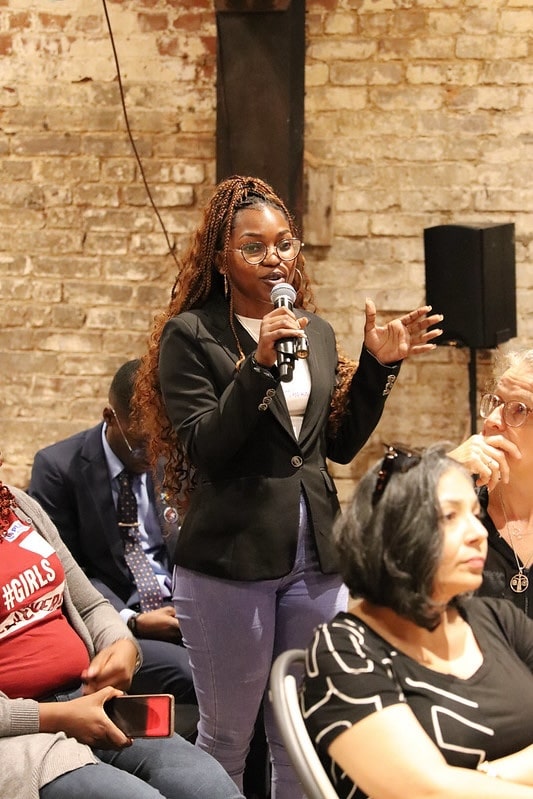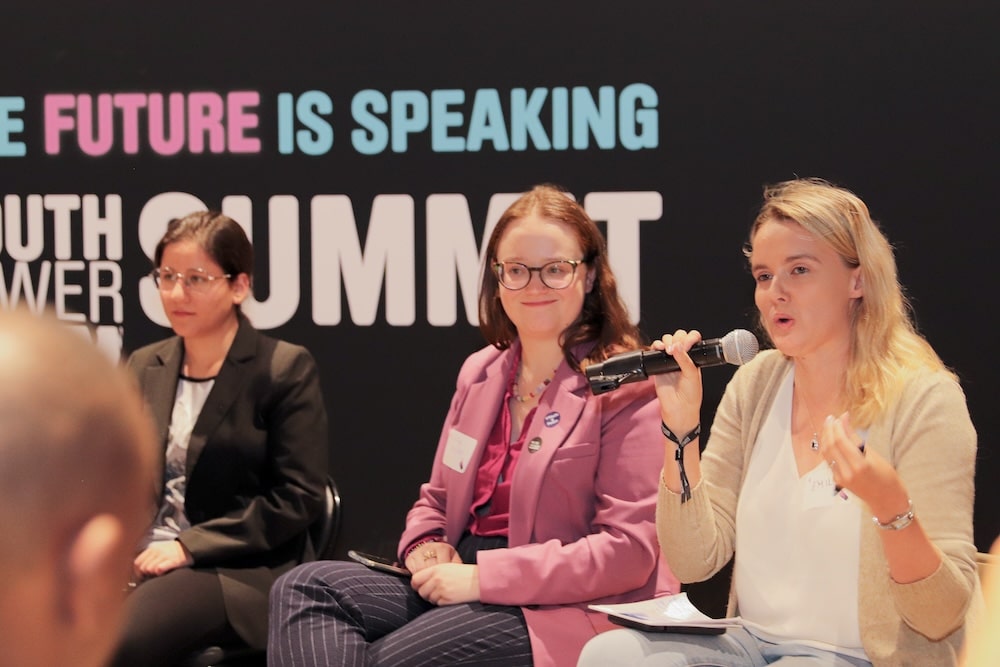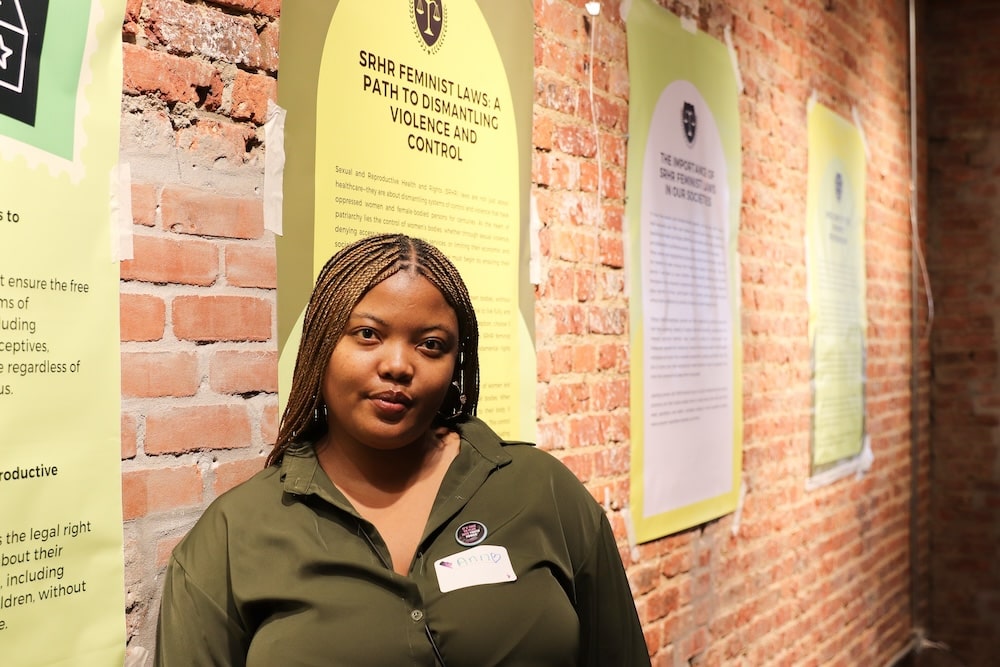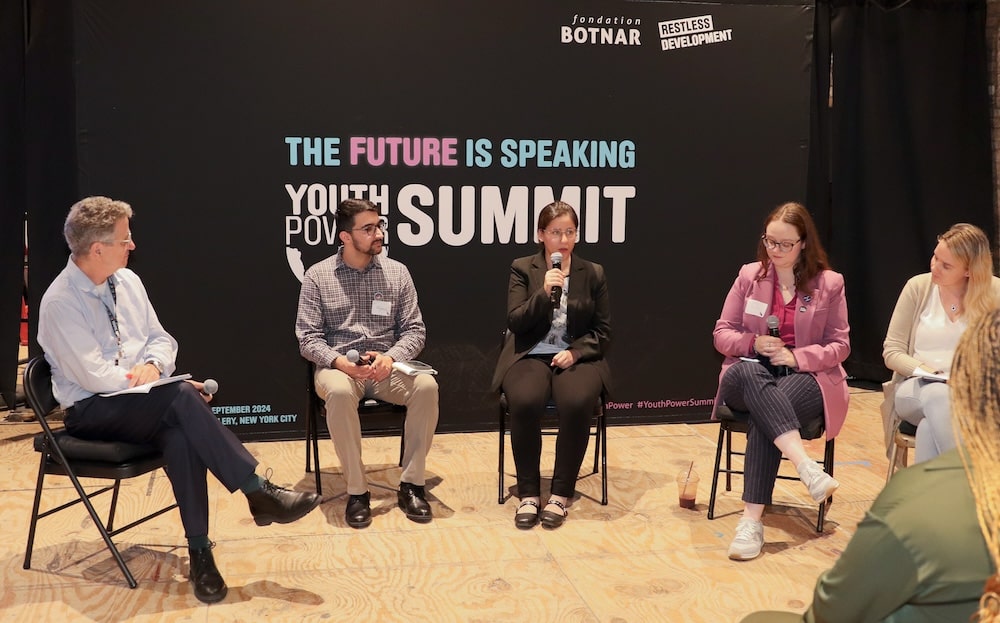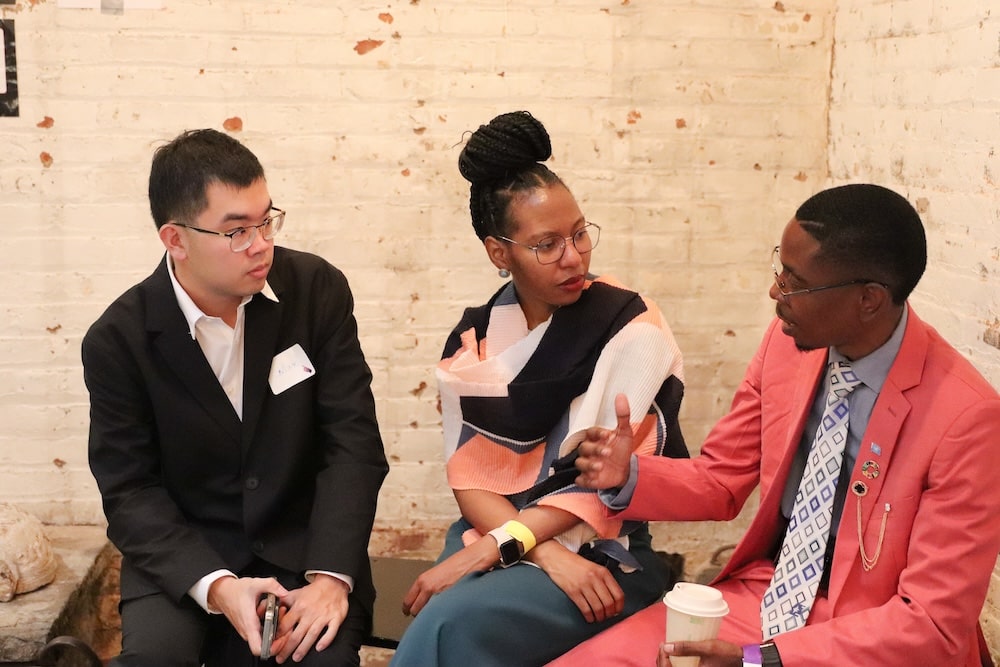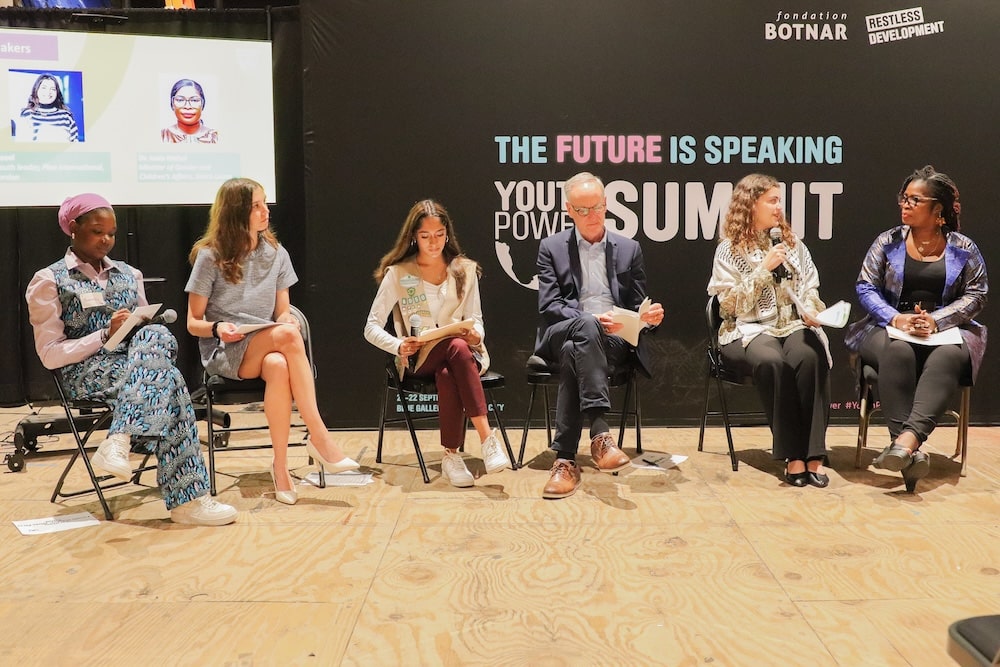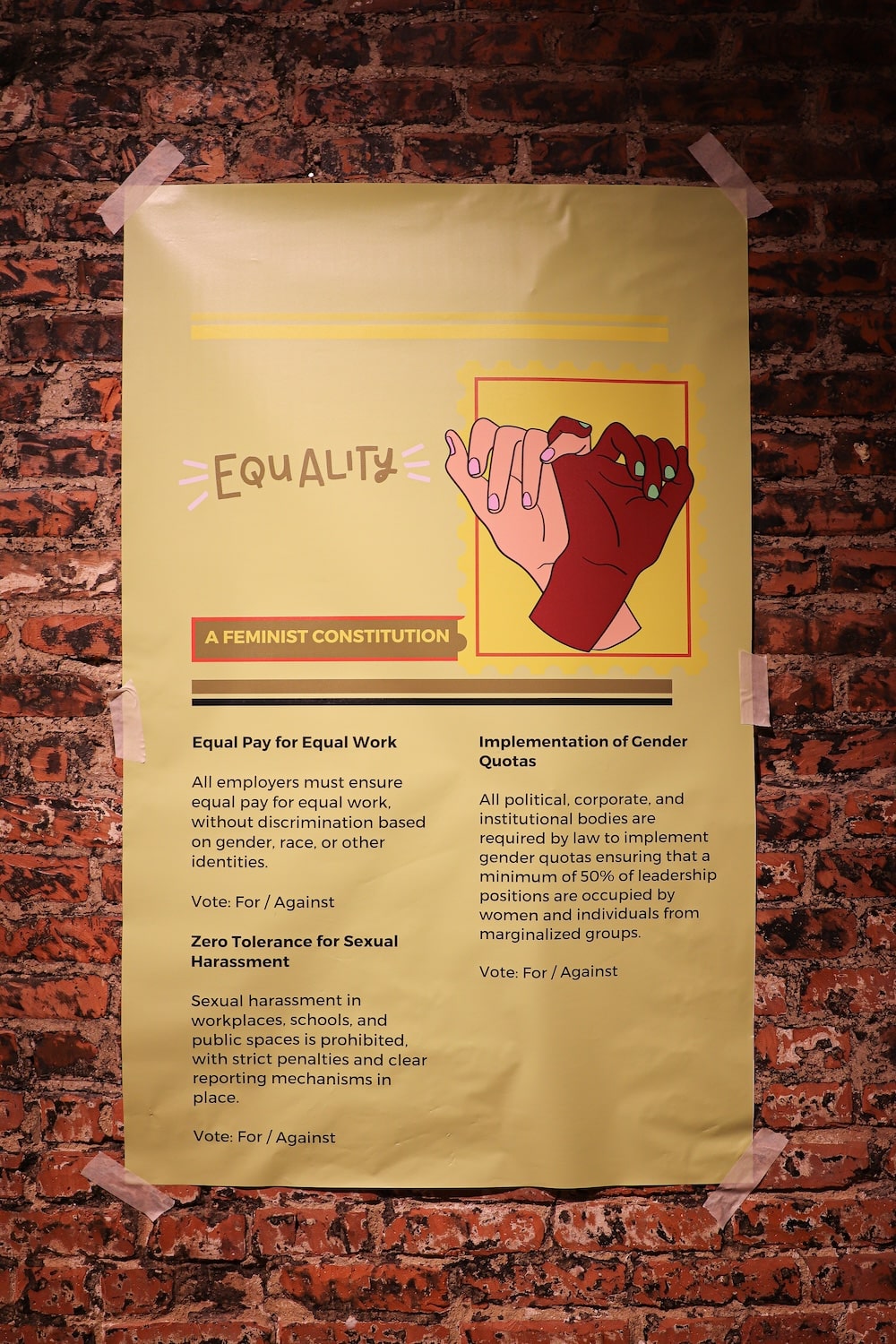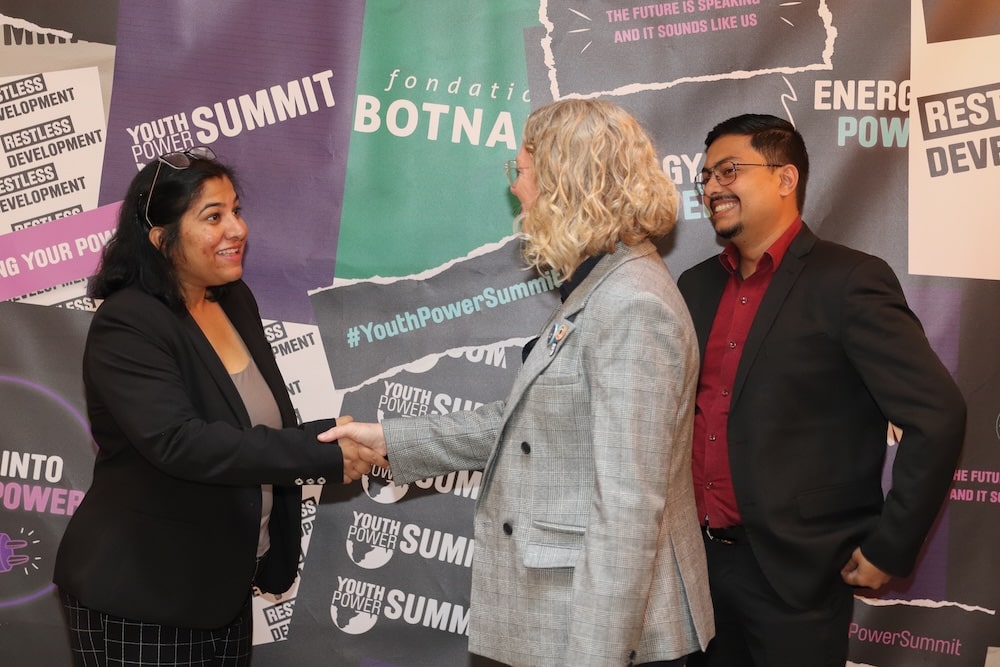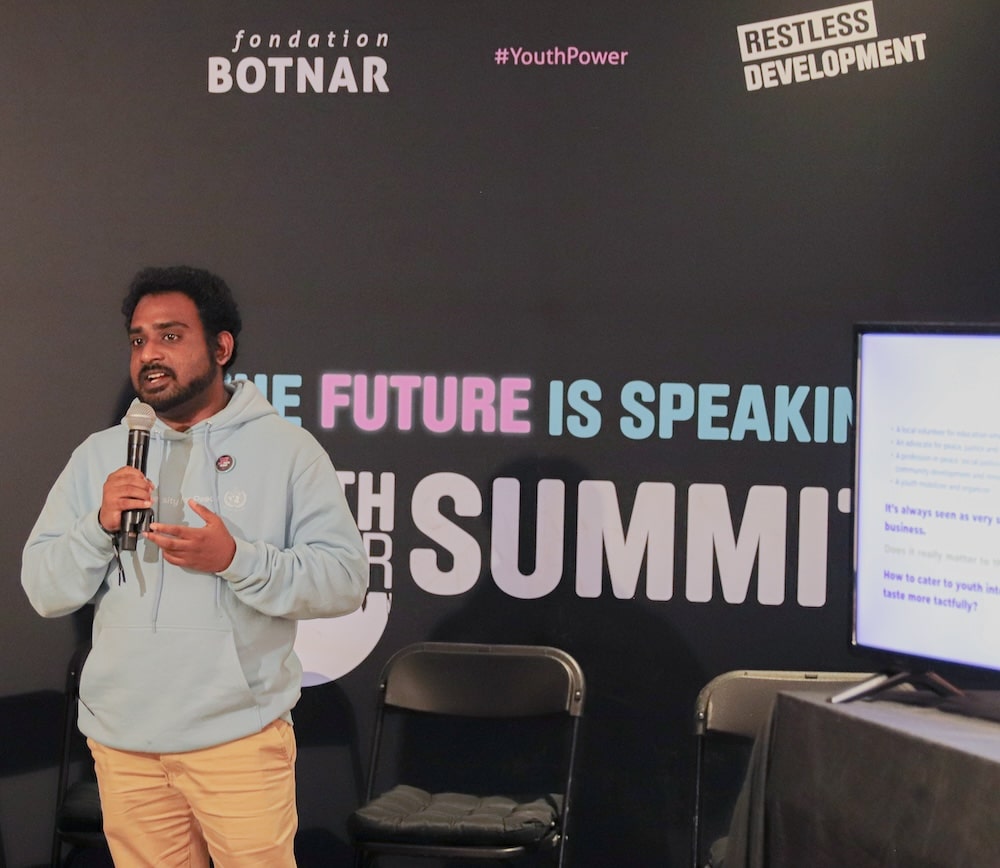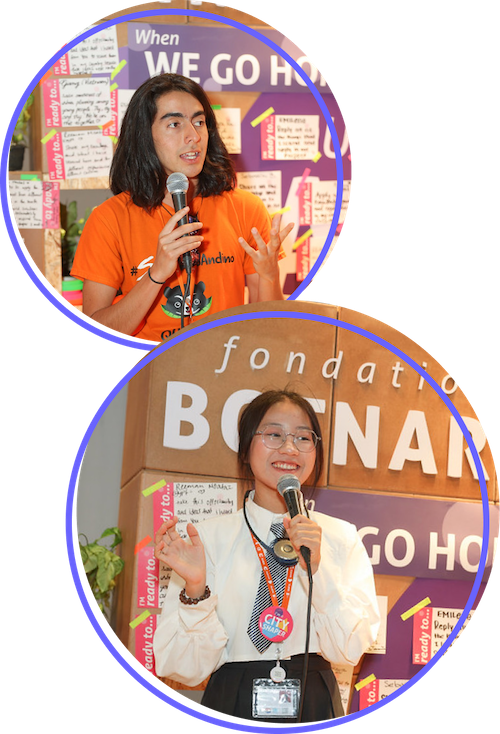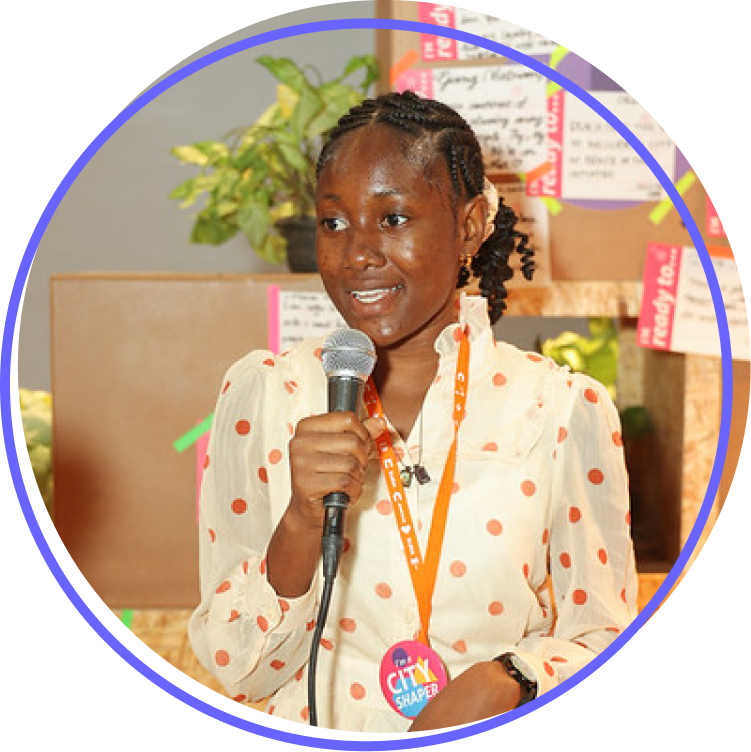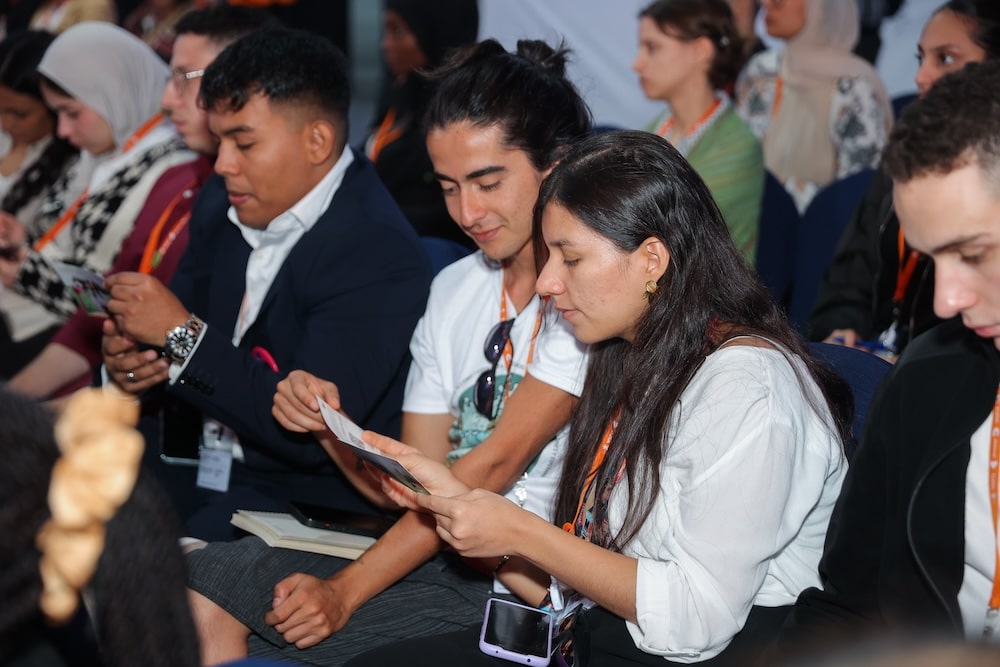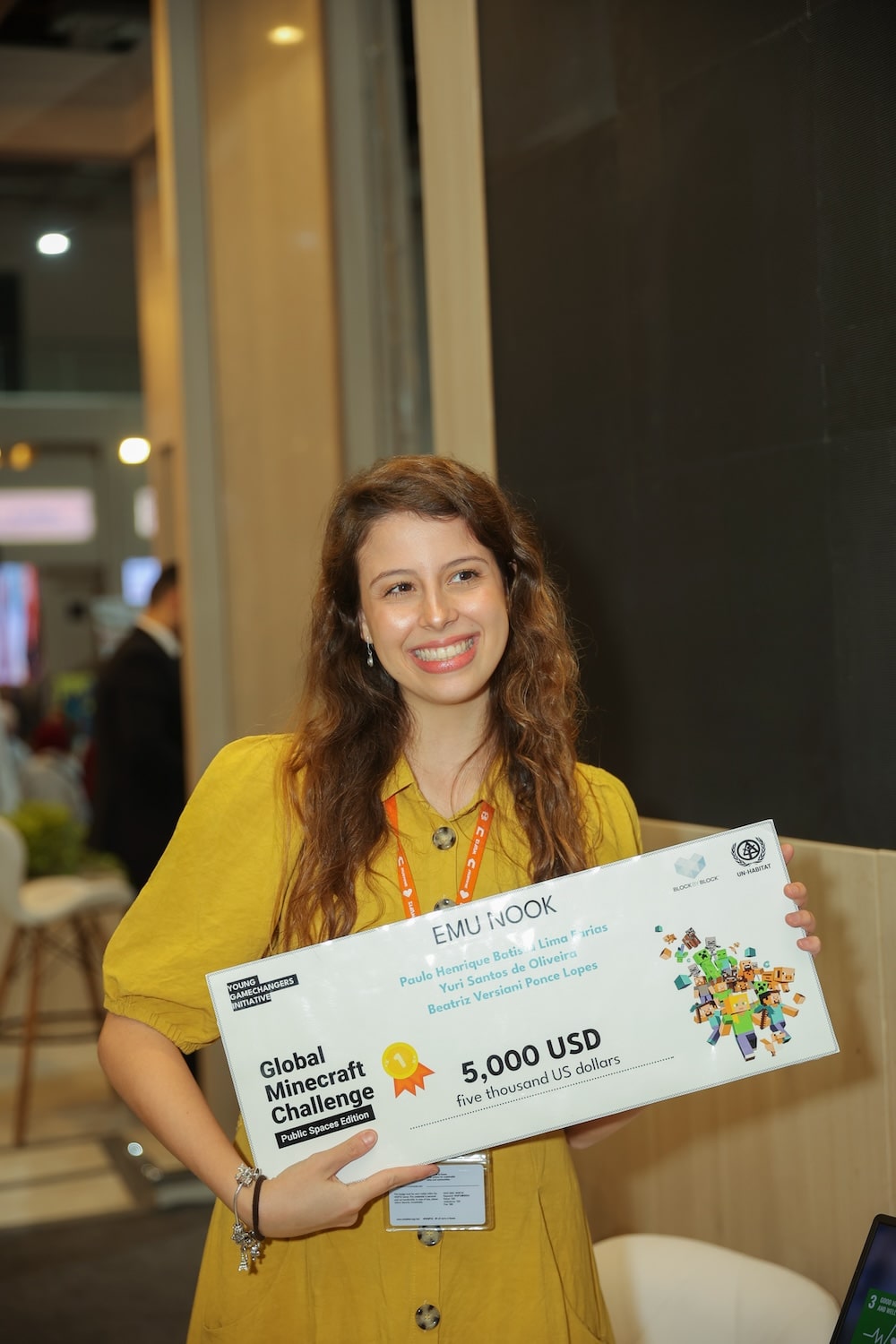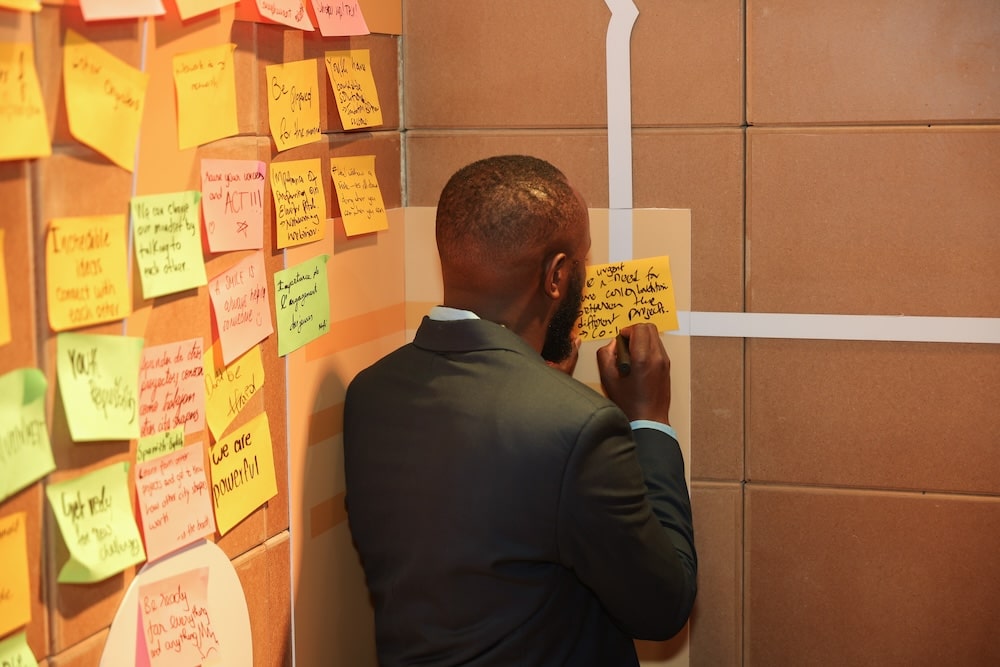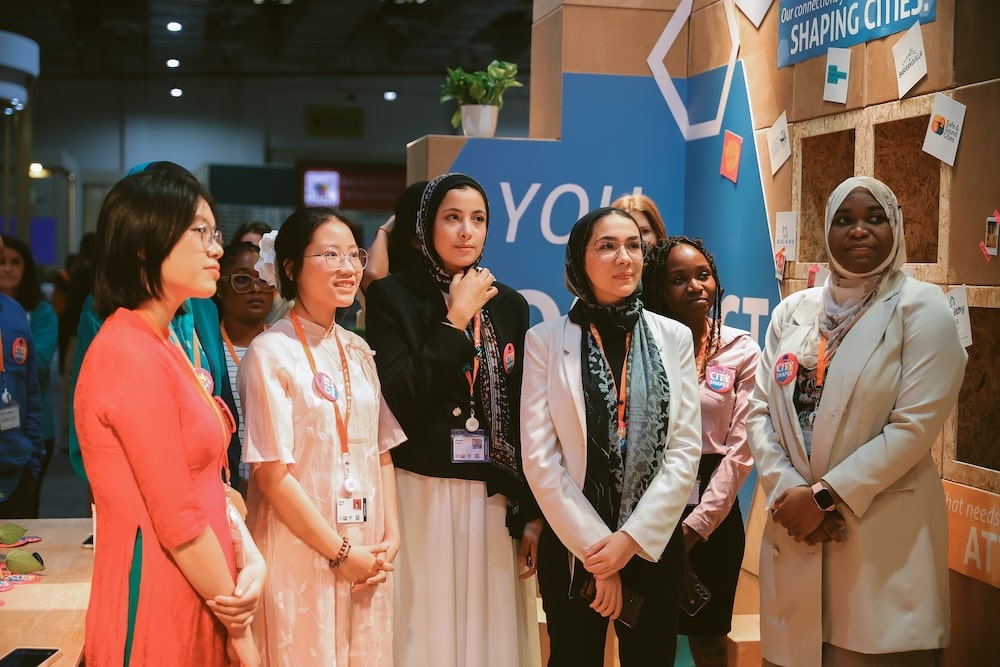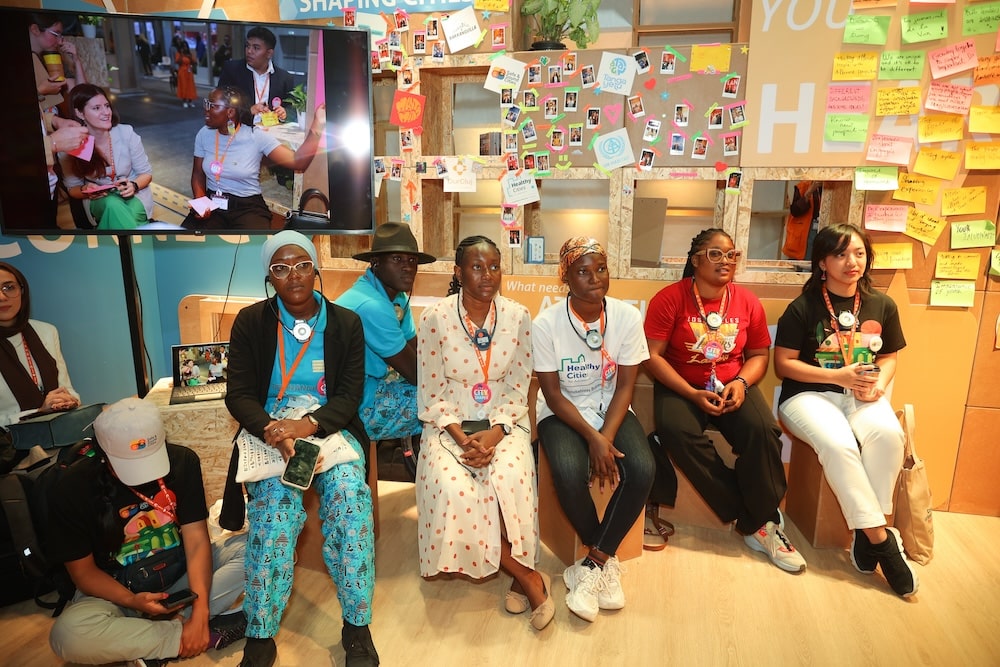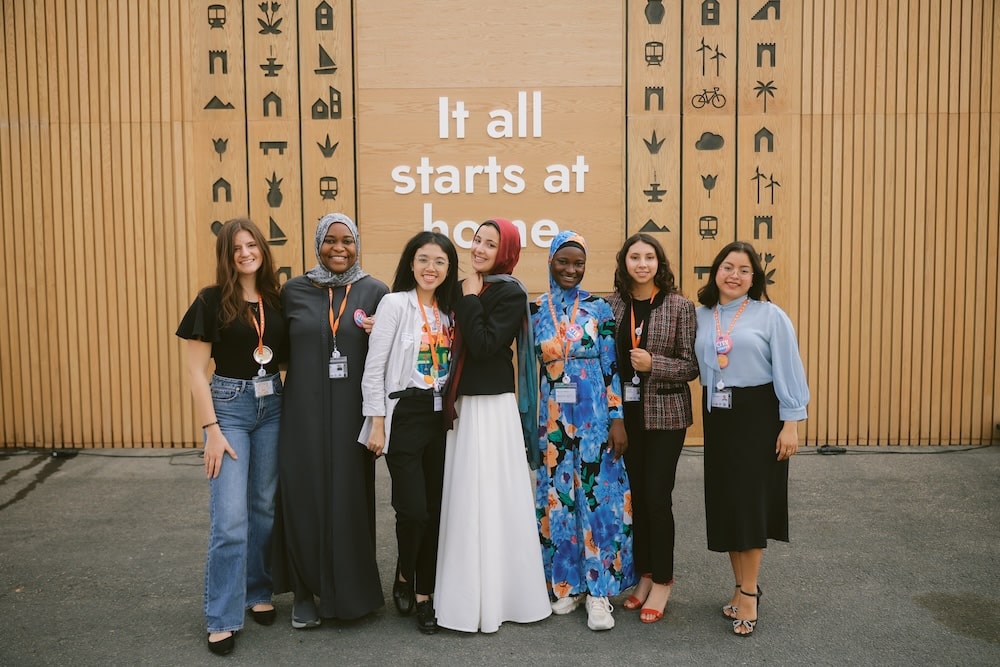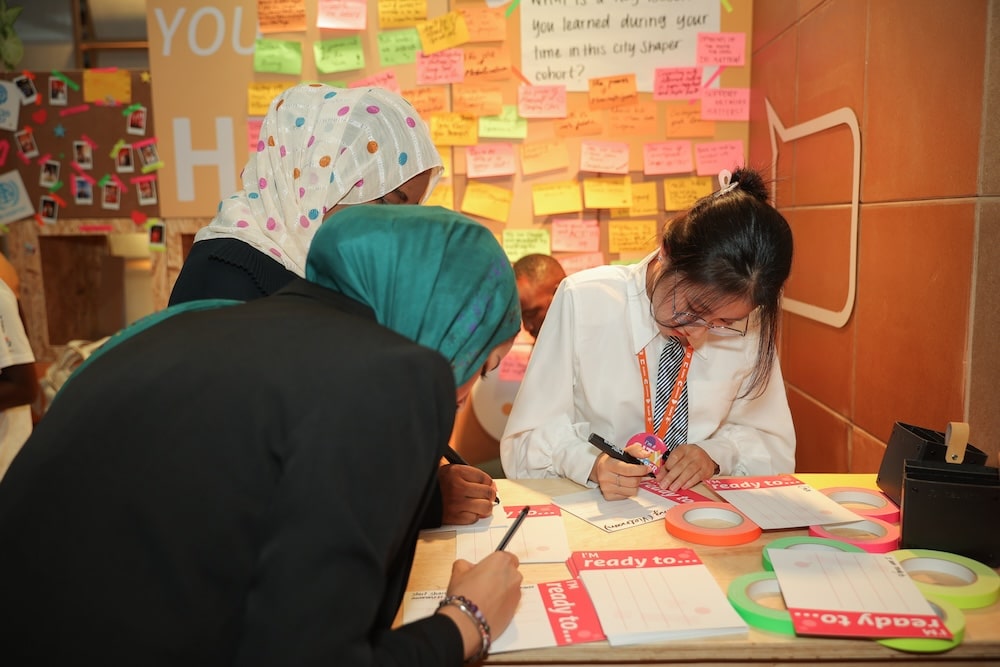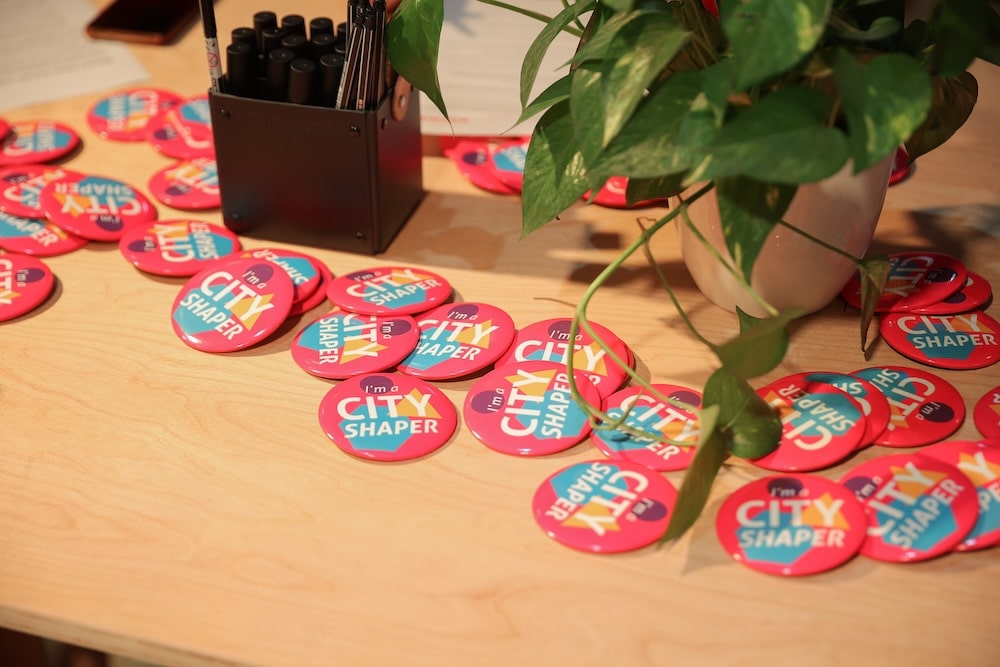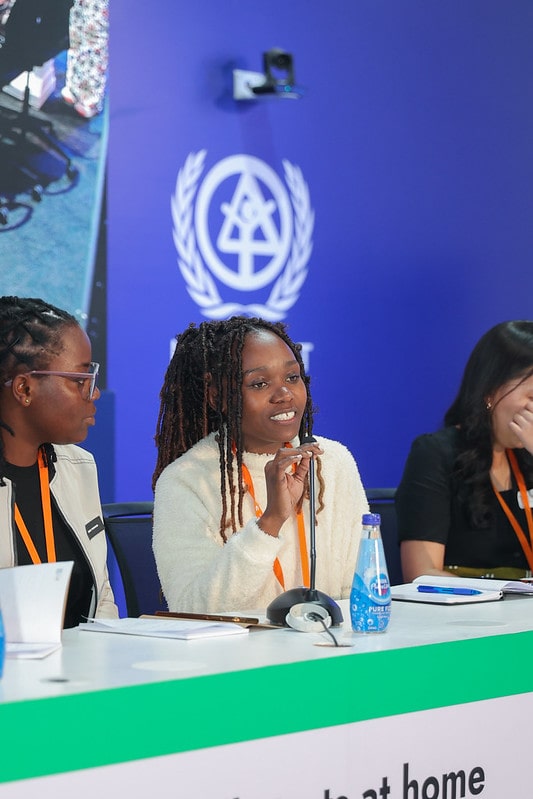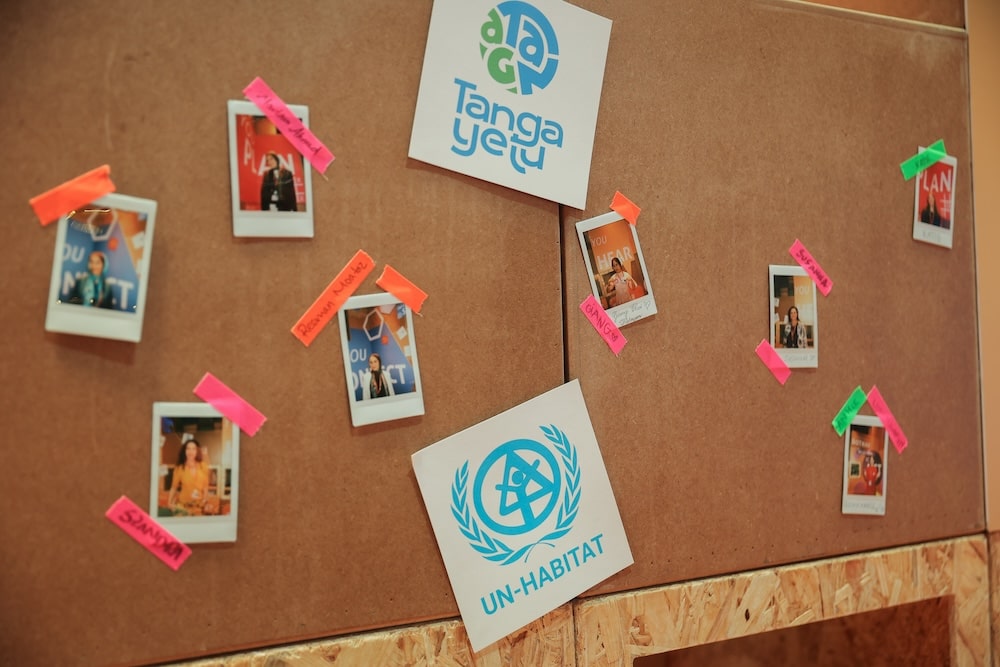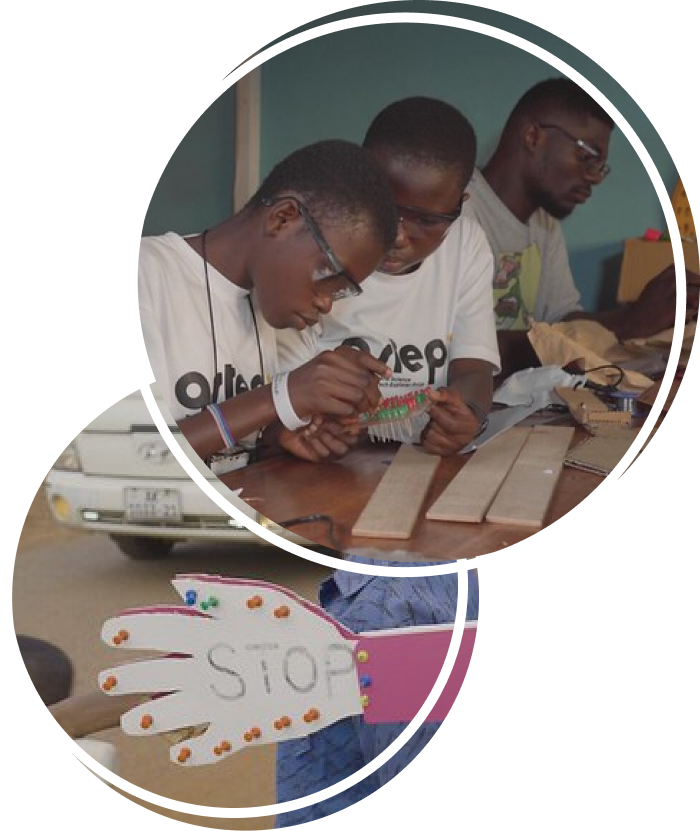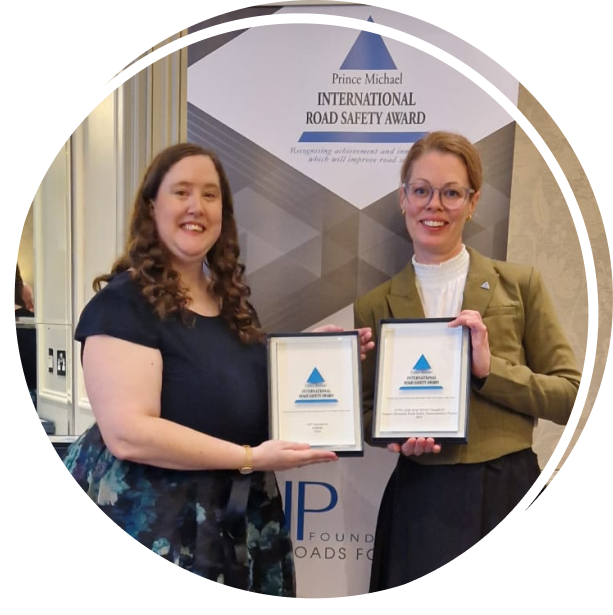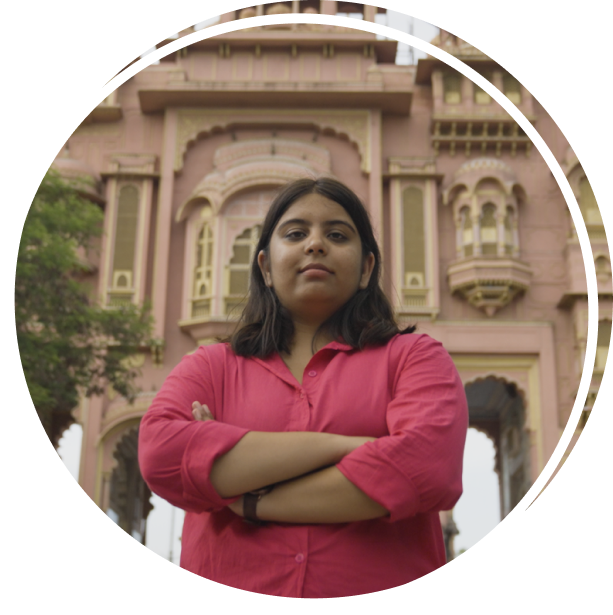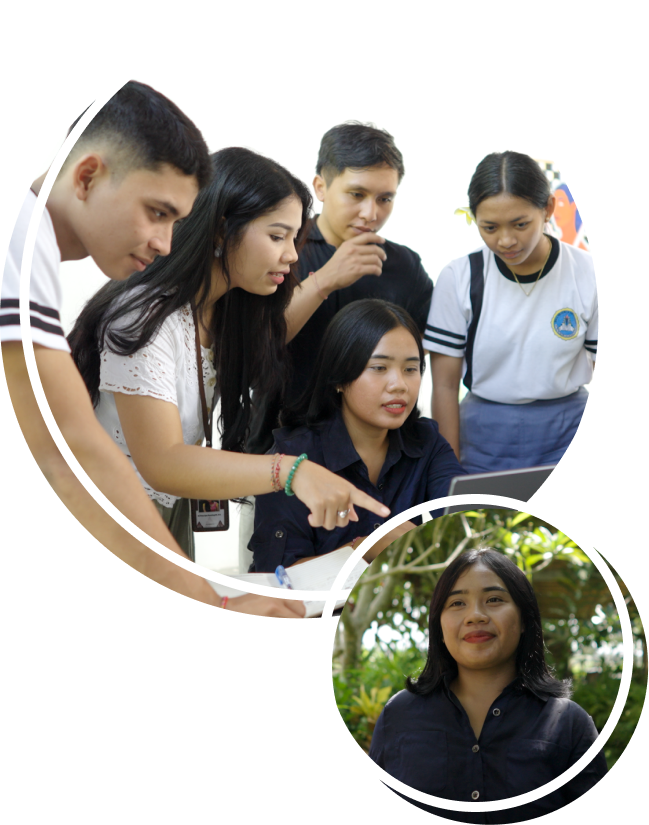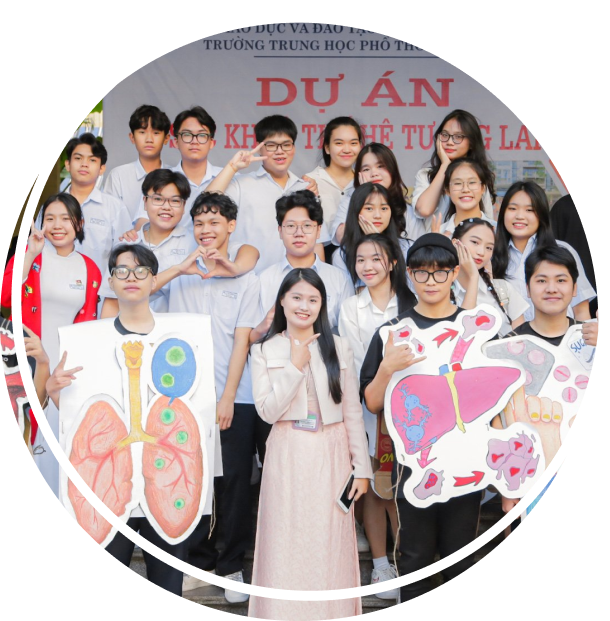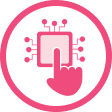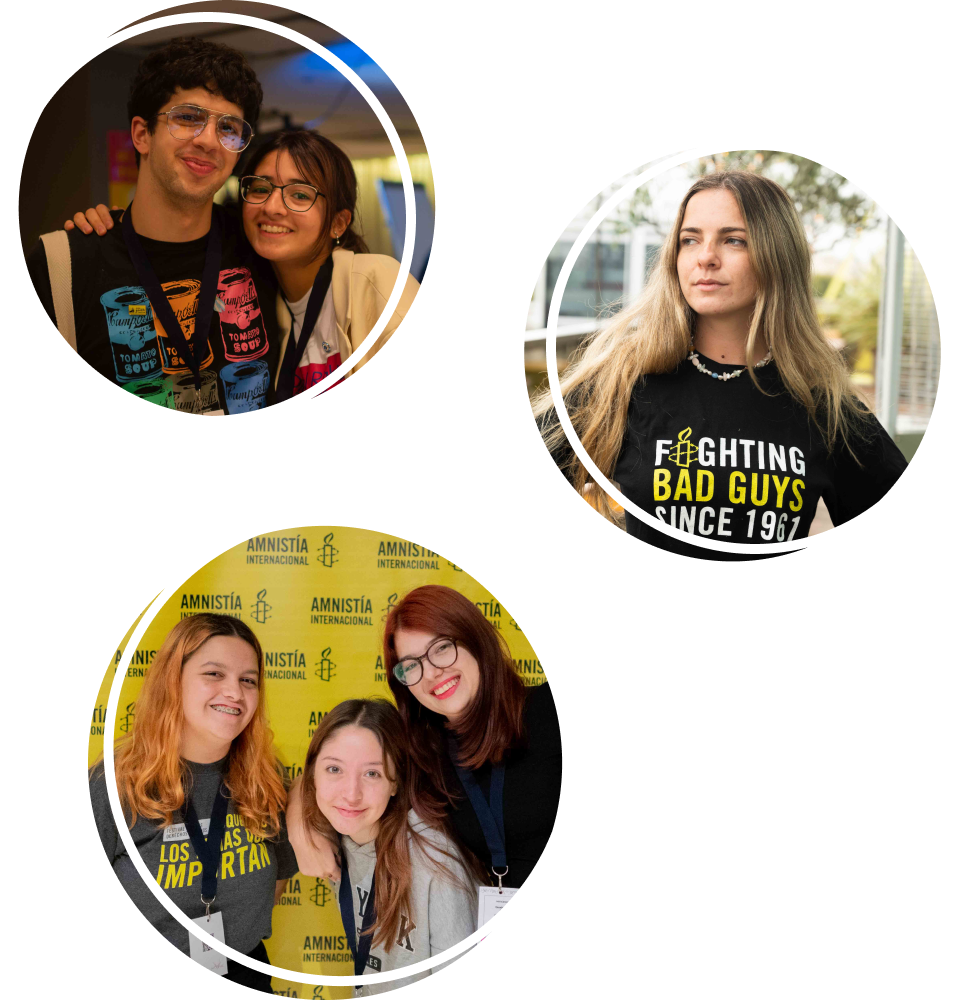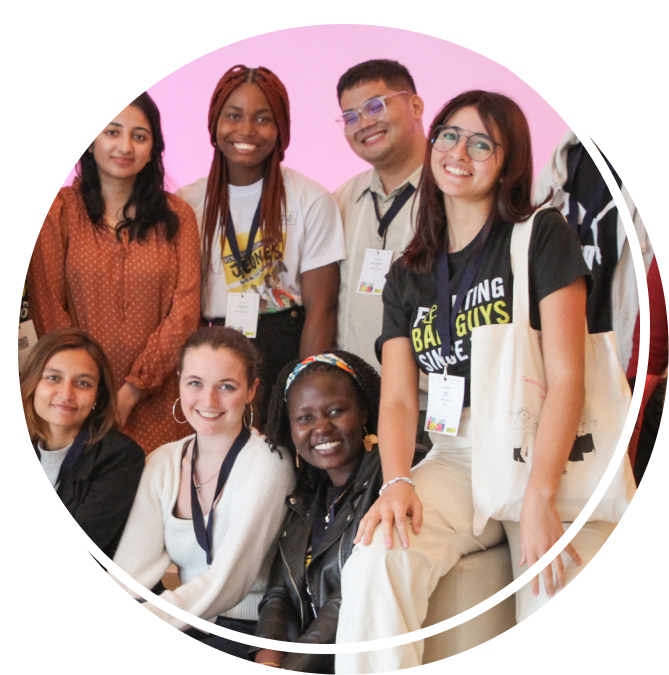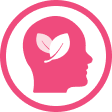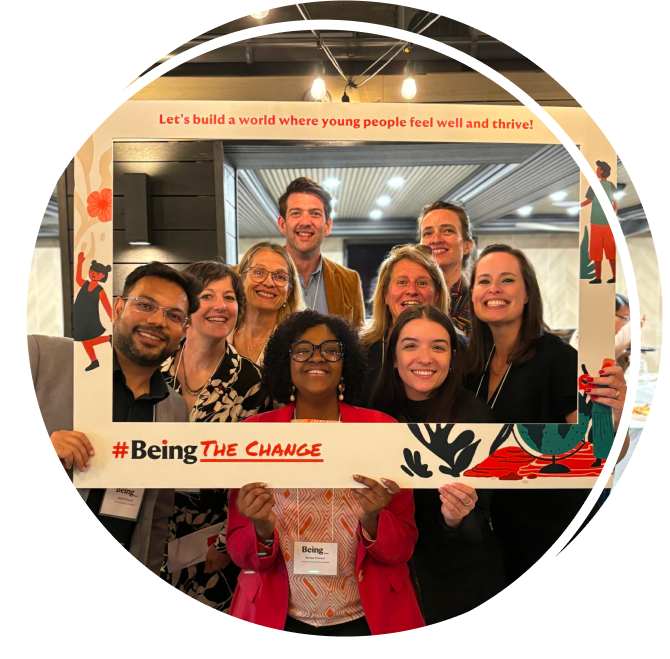“The illiterate of the 21st century will not be those who cannot read and write, but those who cannot learn, unlearn, and relearn.” – Alvin Toffler
Our understanding of the world is rapidly changing. From an abundance of data allowing us to gain new insights, to a technological revolution transforming our daily lives; processes and theoretical thinking that has for many years stood the test of time, now needs to be updated to keep pace with society’s evolution. If we don’t adapt, we will remain behind and hinder progress.
Since Fondation Botnar started a new phase in our operations just over three years ago, we have been funding pioneering innovation, co-creating new approaches, and enabling transformational research to improve the health and wellbeing of young people around the world. As a foundation with a strong entrepreneurial spirit, we put learning, evaluation, and adaptation at the heart of everything we do; recognising the value of such an iterative approach both internally and externally, to guide our mission and approach. The authors of the book What philosophy can teach you about being a better leader speak about strategy as a form of discovery. This is an approach to strategy development that we very much agree with as over these three years we have learned a lot from young people, partners, grantees, researchers, and entrepreneurs. To become more efficient in delivering on our mission, we have taken these learnings on board and recently refined our strategic approach, focussing on three areas: how we understand the concept of wellbeing, our funding instruments, and our governance mechanisms.
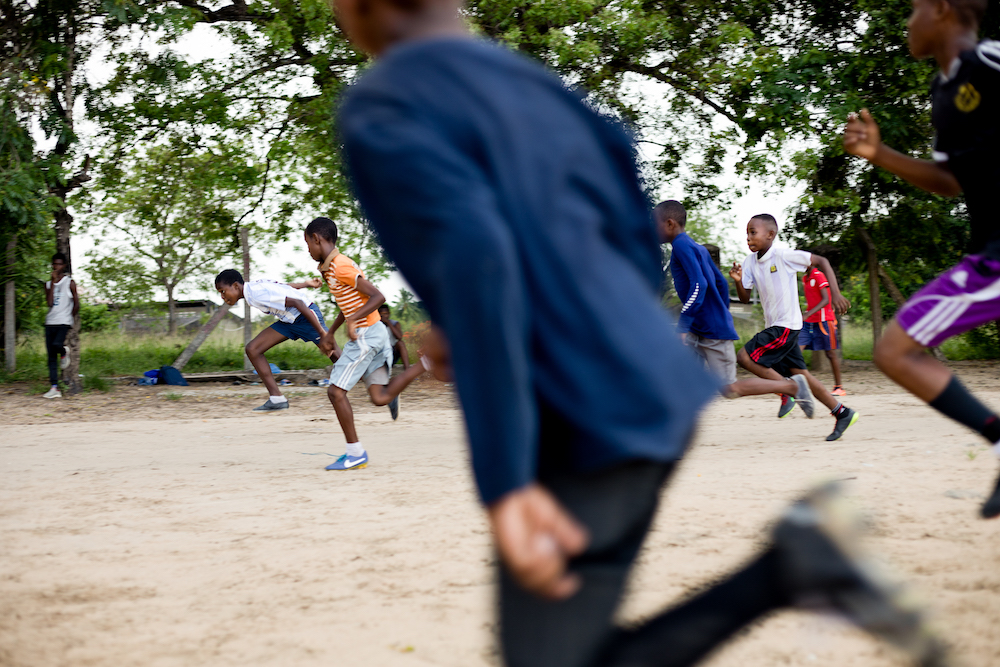
Deepening our understanding of wellbeing for young people
Young people’s health and wellbeing has always been central to the work of the foundation, and as we are learning and adapting, we have revisited this concept to deepen our understanding. We are now moving towards a relational approach to wellbeing, with a strong engagement of academic experts (read the basis of the concept from Prof. Sarah White and her team here).
While relational wellbeing is not a new concept, we see a great opportunity to be among the first foundations that put this approach into action to accelerate a positive impact on the lived experiences of young people. In fact, we have learned this and have been applying this approach in the OurCity initiative, where young people’s input and their lived experiences have been a key part of shaping the programs in the first two cities: Tanga in Tanzania, and Cluj-Napoca in Romania. The focus on relational wellbeing means that we are to a greater extent than before acknowledging and focussing on the relationships young people have with their natural environment, and with each other. These relationships include those they have with their families, in school, and online, but importantly they also include cultural, political, and economic relationships in wider society.
The relational approach to wellbeing will also be applied in the design and delivery of programs. In practical terms, this means that we will consider how young people can meaningfully participate throughout the cycle of projects we fund, and in a way that they can give valuable input and also grow their own capacity. This is already happening in several of our initiatives, such as the aforementioned OurCity initiative. Another example is the African Digital Youth Innovation Platform, a collaborative effort between Fondation Botnar and UNICEF that aims to catalyse young people’s creativity and ideas on how to create economically viable business models and employment opportunities for young people across the African region.
Young people are important system enablers, and focussing on building their capacity as individuals as well as a community is key. We will also increasingly be working with building the capacity of organisations to create stronger systems that can effect lasting change for the benefit of young people.
Over the next few years we will also be exploring how Venture Philanthropy – in particular through supporting social enterprises – can drive the wellbeing of young people in urban environments in low and middle-income countries, and how we can work to shape and transform global policy agendas to prioritise relational wellbeing and strengthen digital governance to ensure rights are upheld.
As we have been already working with a strong focus on the role of cities and digital & AI in our implementation and research work, we are now also strengthening our portfolios on these key areas of work to support the capacity building of changemakers and key system enablers, harness entrepreneurship, and innovative finance, and shape global agendas.
Read more about our refined strategic approach to relational wellbeing here.
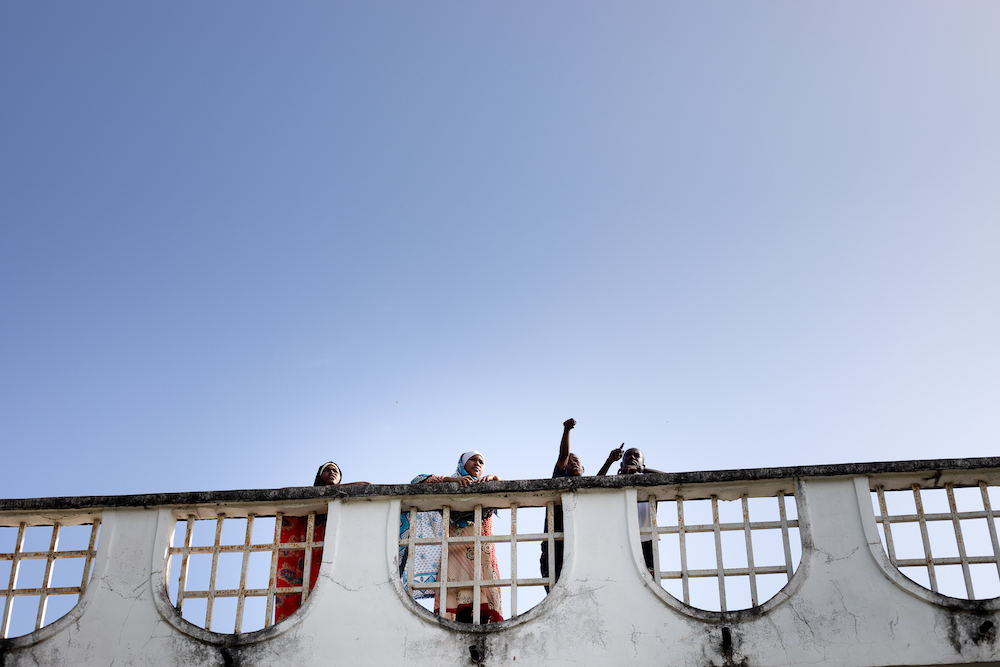
A holistic approach to funding
Fondation Botnar has always aimed for high-quality grantmaking processes and this will continue to be important to us. Following implementing our initial strategy, we will now adapt and focus on creating a process that is more agile, simple, and fit for purpose. In line with this, we want to share an overview of and update to our funding instruments:
- Special Purpose Grants (formerly One-Off Grants): these grants support smaller, innovative projects.
- Implementation and Research Grants:
- Implementation grants involve longer-term implementation projects that generate scalable impact.
- Research grants support research projects ranging from innovation, validation to implementation.
Other important tools for us to create the change we want are; Strategic partnerships, initiatives and programs that are co-creation efforts with key partners; Co-funding, which are funding efforts together with other foundations in the lead; and Venture Philanthropy, investments in social business. You can learn more about our Funding Opportunities here.
In the coming months, we will publish our planned funding calls for 2020 to 2021 and therefore would also like to take the opportunity to introduce you to our new newsletter to stay up to date on our upcoming funding rounds. You can sign up for our forthcoming newsletter “The Catalyst” here.
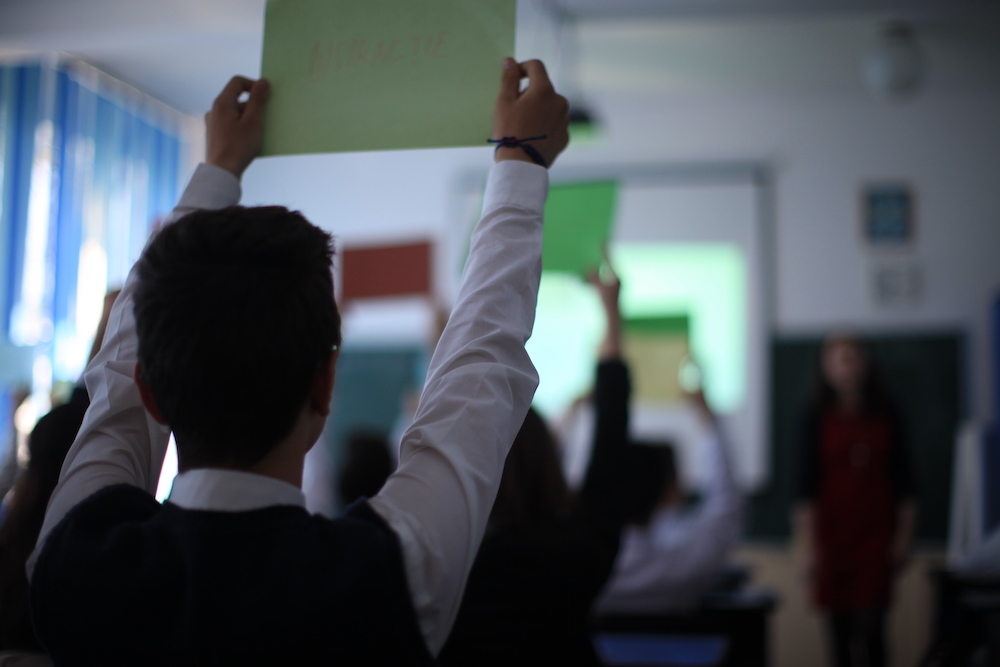
Strengthening governance mechanisms
Central to all of our work is transparency and accountability, and as we are growing and learning, we are strengthening our governance mechanisms. Our board will remain the same, but its work will be supported by the following committees:
- Audit & Risk Committee (ARCO) – has the task of monitoring and optimizing the Foundation’s internal processes, including ensuring good governance and due diligence.
- HR & Organisational Committee (HOCO) – deals with strategic matters relating to good governance and duty of care, long-term succession planning, personnel, and social policy, and organisational development.
- Philanthropy Committee (PHICO) – oversees the overall philanthropic strategy, including strategic guidance related to grantmaking instruments and processes. It also reviews summaries of grant applications & specialist reviews and prepares recommendations as a basis for decisions to be taken by the Foundation Board.
- Investment Commission (IC) – oversees the overall investment strategy of the foundation’s financial assets and proposes changes to the Foundation Board.
Part of this work is also to transition the mandate of the Expert Commission, which has had a key role in reviewing grant applications, to the PHICO by the end of 2020. The PHICO will be supported by a larger group of external experts to guide the foundation in grantmaking for its core focus areas to fulfill our mission.
Learn more about Governance at Fondation Botnar here.
Learning and adapting is more important now than ever before
The ongoing COVID-19 pandemic has laid bare the inequalities and systemic injustices affecting young people across socio-economic groups, racial and ethnic divides, and gender and sexual orientation. We are living in unprecedented times which requires us to continuously listen, learn, and adapt so that we can find new approaches that can address the current unsustainable systems and inequalities. Fondation Botnar believes that harnessing the power of human rights-based digital technologies for better health and wellbeing for young people is only going to become more important and has a great potential in creating long-lasting impact.
With the alliances we have built and are continuing to build, with humility and perseverance, and with the lessons we are learning, we are confident that we as a foundation will continue to contribute to a world where every young person can realise their rights, lead a life with good health and dignity, and can contribute to societies as thriving citizens.
